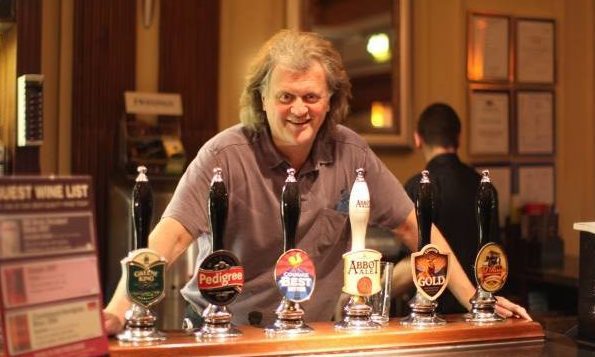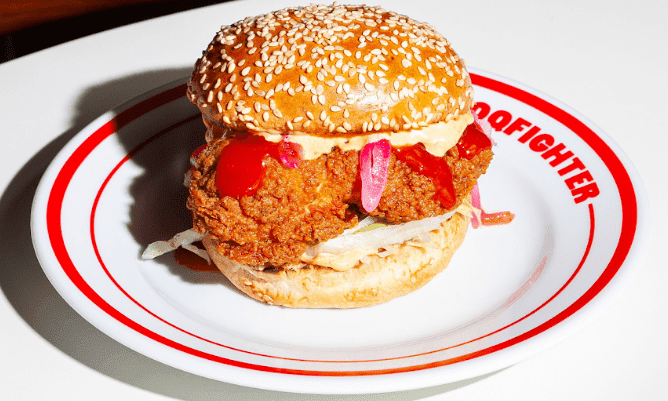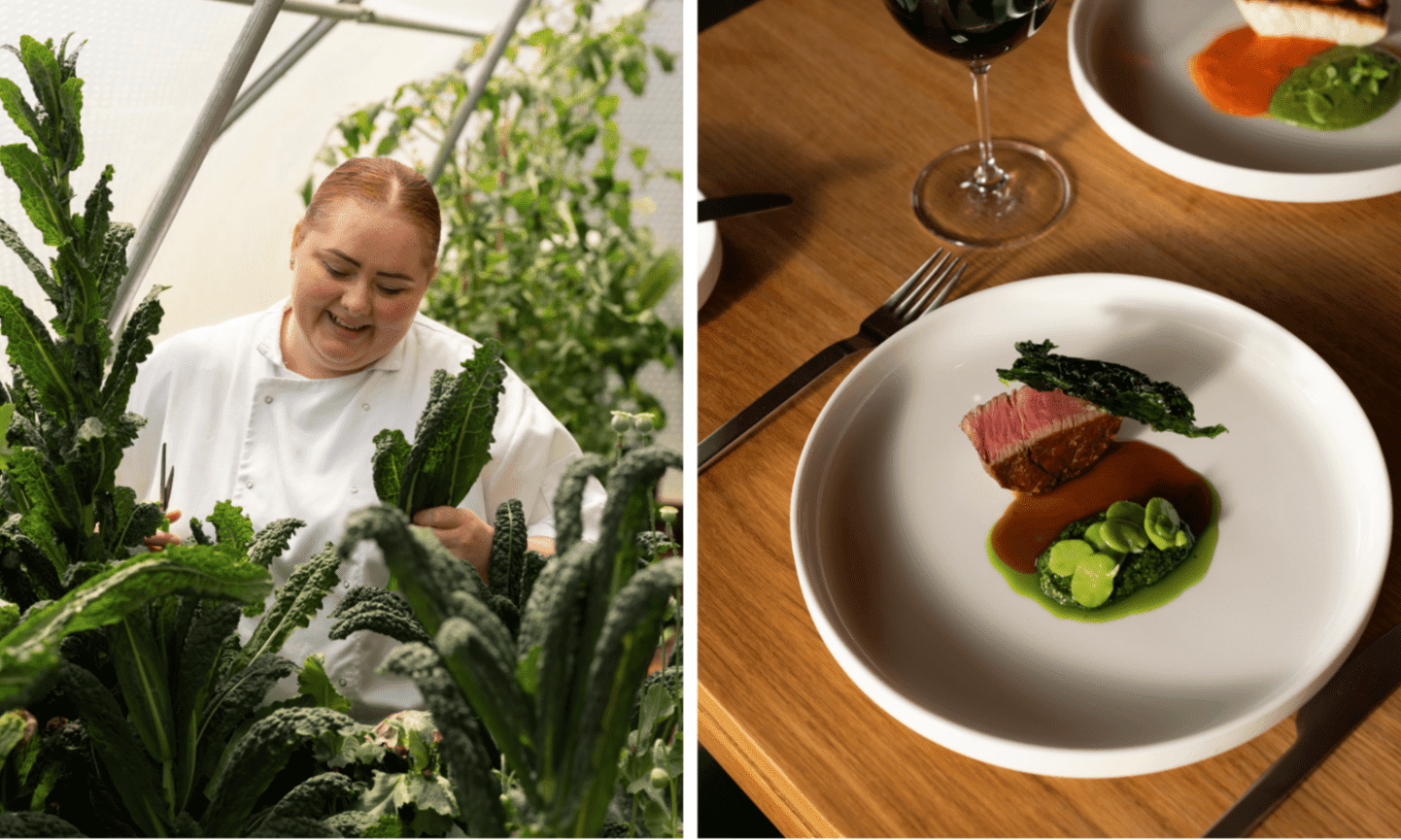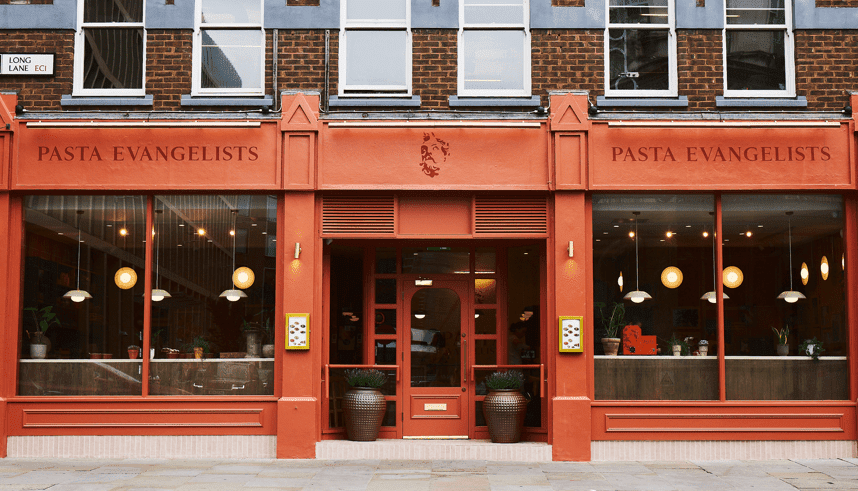Register to get 5 free articles
Reveal the article below by registering for our email newsletter.
Want unlimited access? View Plans
Already have an account? Sign in
The UK government has selected two state-subsidised “public restaurants” to be piloted in Dundee and Nottingham as part of a new government-backed initiative to improve access to healthy food for low-income households.
The eateries will offer universal access to nutritious, sustainably produced meals in social settings, with a particular focus on deprived families with children.
The pilots will draw on public health nutrition research, customer co-design sessions, and insights from historical public restaurant models in the UK and elsewhere.
The restaurants are among six projects receiving a share of £8.5m in government funding, aimed at improving the availability of “affordable, nutritious food and reducing food waste”.
Other projects include a Liverpool-based initiative using mapping technology to direct a mobile greengrocer, the Queen of Greens, to social housing areas with limited access to fresh produce.
The scheme will trial fruit and vegetable vouchers and assess the impact on residents’ diets.
The programme, funded through UK Research and Innovation (UKRI), comes shortly after the launch of the government’s 10 Year Health Plan, which aims to make “the healthy choice the easy choice”.
Other research includes assessing food markets in Glasgow ‘food deserts’, improving nutrition at food pantries in southern England, examining free school meals in Wales, and working with English local authorities to reduce food inequality.
Professor Alison Park, deputy executive chair of the Economic and Social Research Council, said: “Everyone should have access to healthy, nutritious food but we know the number of food insecure households across the UK is increasing.
“These innovative projects from across the UK – from Wales to Dundee, Nottingham to the Isle of Wight – will go a long way in helping us understand how to tackle food inequalities and what interventions really make a difference.”
Peter Kyle, science and technology secretary, added: “No one in this country should be left unable to access the healthy food they need – which is why interventions like the Queen of Greens are so important – and measuring their impact is so vital.
“These projects will draw on the power of research to actively explore the best ways to get healthy food into the mouths of those who need it, potentially having a transformational effect on people’s lives, and fulfilling the missions set in our Plan for Change.”



















